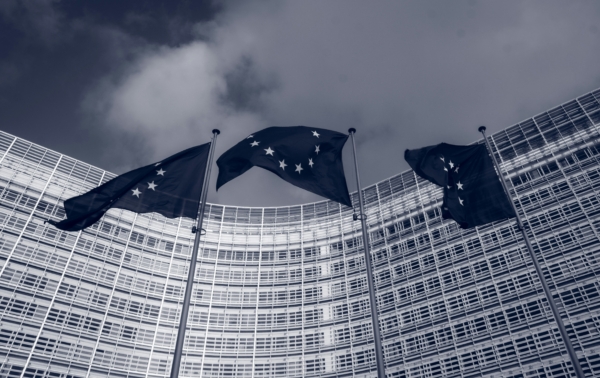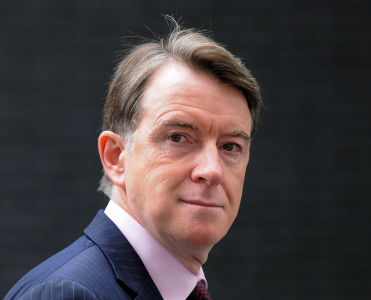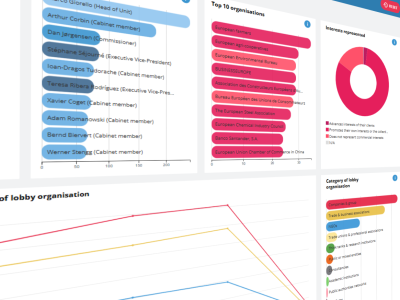At the end of June, we launched a new feature on EU Integrity Watch, a tab that tracks lobby meetings with Members of the European Parliament. Three months later, we are here with an update, so let’s see what progress has been made. 10,000 meetings have been logged so far.
Overall it’s good news, although we remain cautious in our congratulatory messages, as there is always room for further improvement. The percentage of MEPs publishing lobby meetings has risen from 37% back in June to 44% this week. Over half of MEPs are still keeping the public in the dark on who they are meeting.
Zooming in on the political groups, we find that Non-Attached (NA) MEPs have heeded our advice and have made some progress. Back in June 0% of these policy makers were publishing any lobby meetings. Now the figure stands at 21%. GUE/NGL have also surpassed the halfway mark, with 51% of their members publishing. The Identity and Democracy (ID) group still lag woefully behind the rest, with only 9% of their representatives making open politics a reality. The rest of the groups remain relatively stable, with the Greens/EFA taking the top spot.
Some minor improvements can be seen when we sort by country. Sweden still tops the tables with 90% of MEPs publishing meetings. Greece (5%), Croatia (0%) and Cyprus (0%) take the bottom 3 ranks. Both Austrian and Slovenian representatives have made some headway, going from 37% to 63% (12 MEPs publishing) and 29% to 50% (4 MEPs publishing), respectively.
Although more MEPs are publishing, we are still hesitant to celebrate. We found the most common subject of these lobby meetings was ‘General exchange”, which does not provide the level of transparency that is necessary. Lobbyists and interest groups meet with MEPs because they have a political agenda, not because they want exchange pleasantries. It is therefore vital that the topics and names of legislative files discussed are made available to the public.Finally, we take a look at Committee Chairs (who are obliged to publish their meetings). There are only two Chairs who haven’t published anything yet: the heads of AFCO (Constitutional Affairs) and PETI (Petitions). As the publication system is also not linked to the Legislative Observatory, it is impossible to know which MEPs acting as Rapporteurs and Shadow Rapporteurs are obliged to publish meetings.
So what are the next steps? In an ideal world all MEPs would be obliged to publish their lobby meetings, but with the negotiations on a mandatory transparency register for all three institutions still ongoing, it could be a long road ahead. We continue to encourage the European Commission, Parliament and Council to put the interests of the public first, not water down any proposals, and swiftly come to a positive agreement that goes beyond simple cosmetic changes.
What we would like to see from the European Parliament is:
- MEPs should publish all meetings with interest groups in a timely fashion using the tool the European Parliament provides
- MEPs should ensure descriptions of topics discussed are detailed enough to be of use to citizens and avoid using terms such as ‘general exchange’
- The Parliament’s Directorate-General for Innovation and Technological Support (DG ITEC) should link the current tool with data from the the Transparency Register and the Legislative Observatory to make analysis easier.







